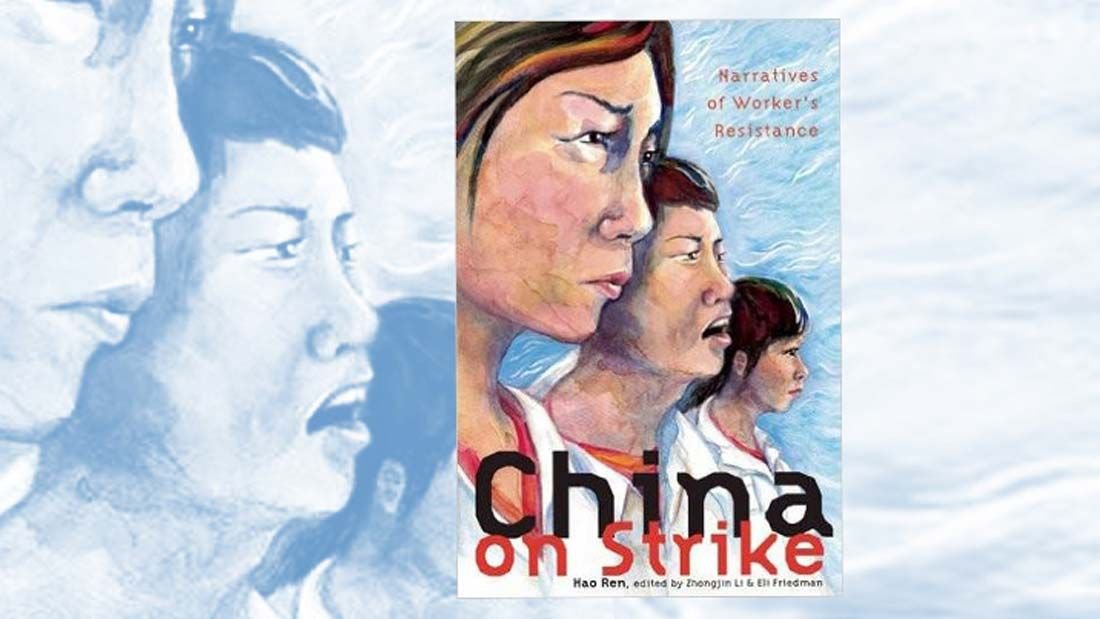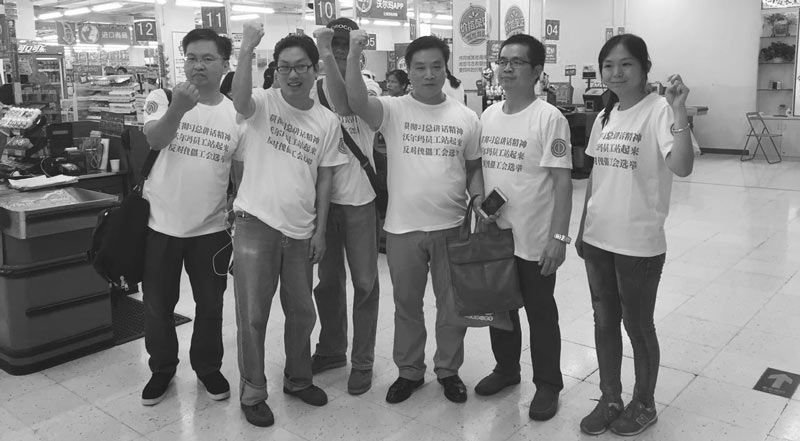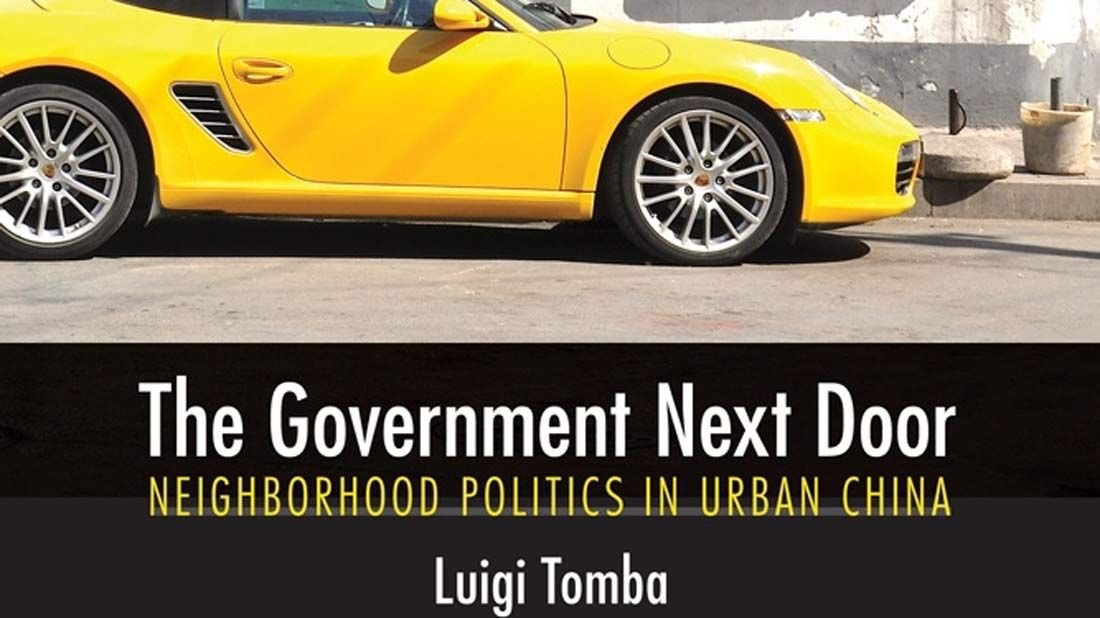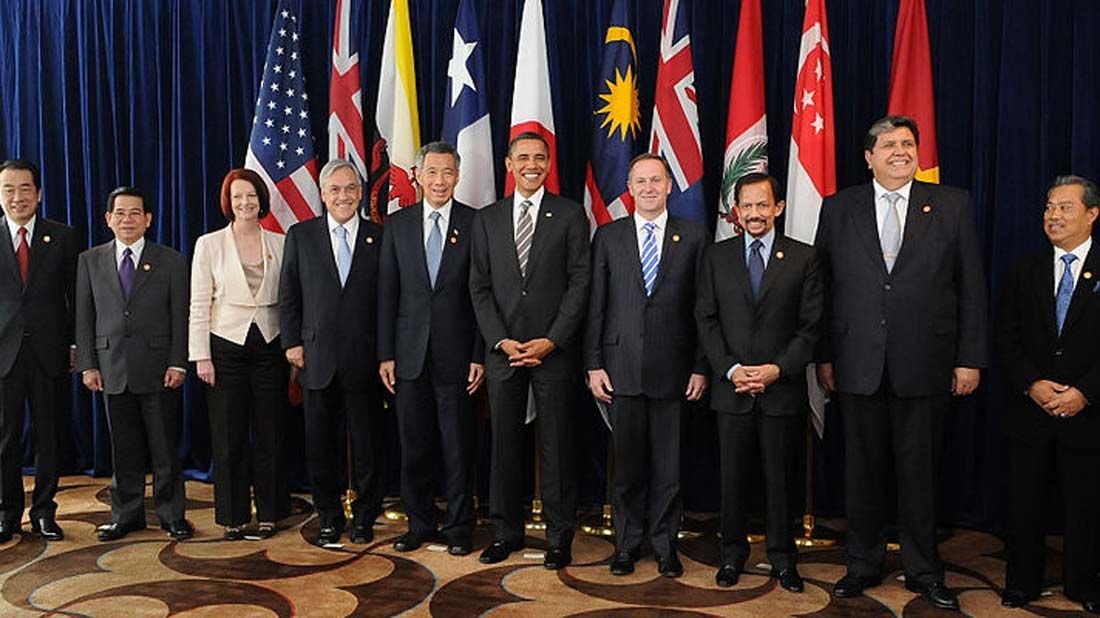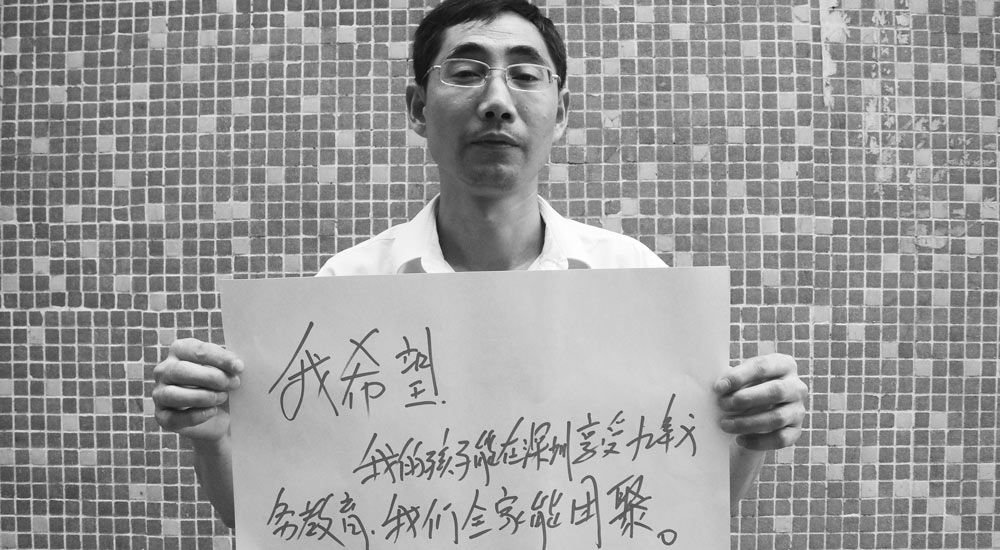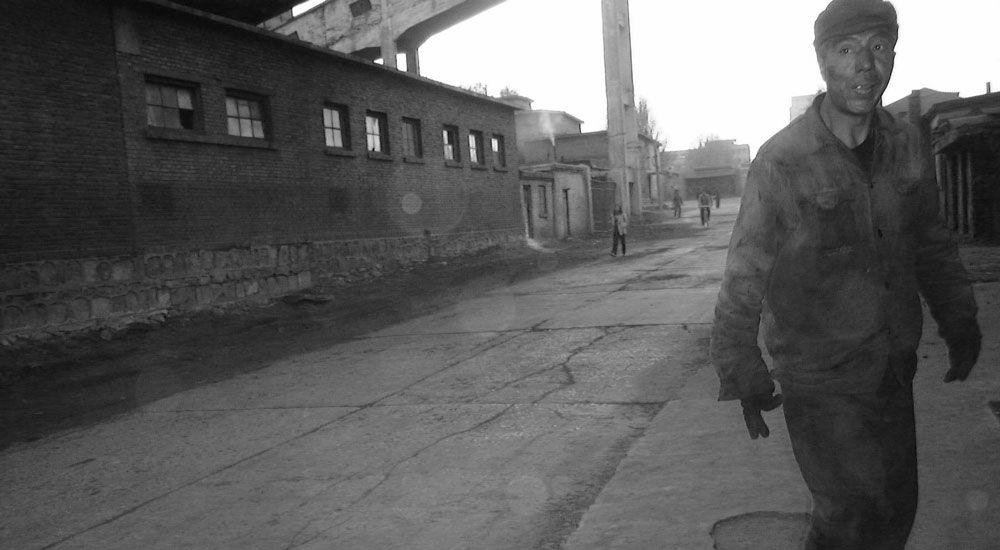Eli Friedman on China on Strike
A unique contribution to the literature on the resistance of Chinese migrant workers, China on Strike is a collection of stories of collective actions undertaken by migrant workers in the Pearl River Delta since the turn of the century. Authored by Chinese labour activist Hao Ren as part of an activist network and edited in English by […]


